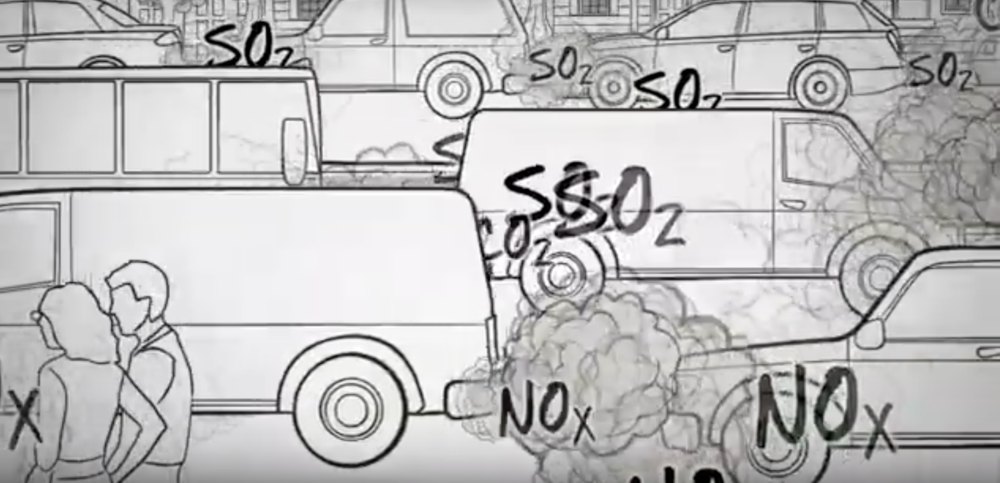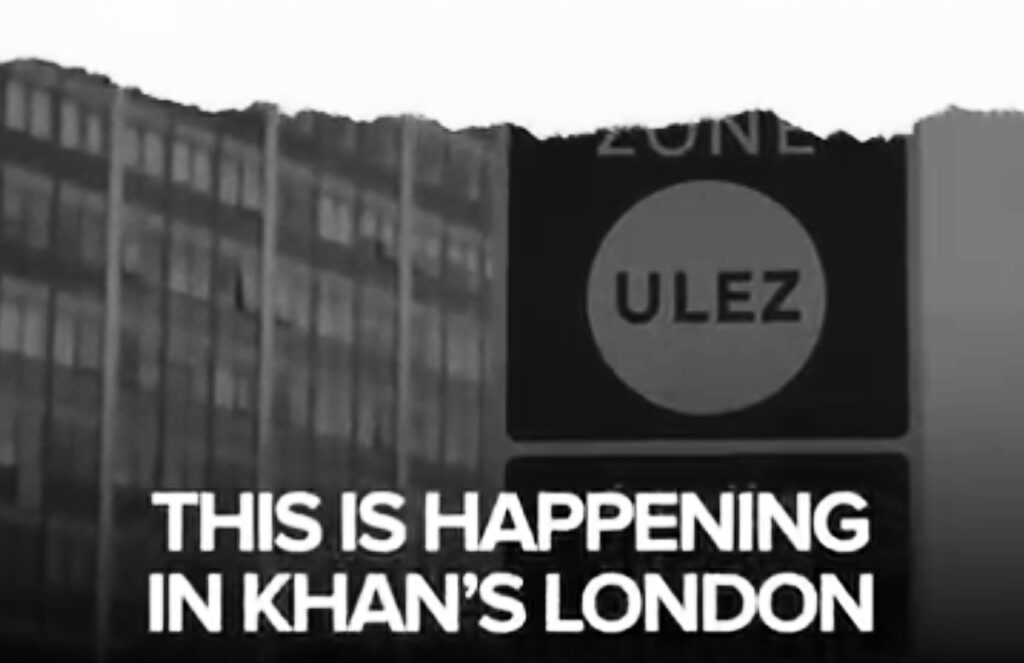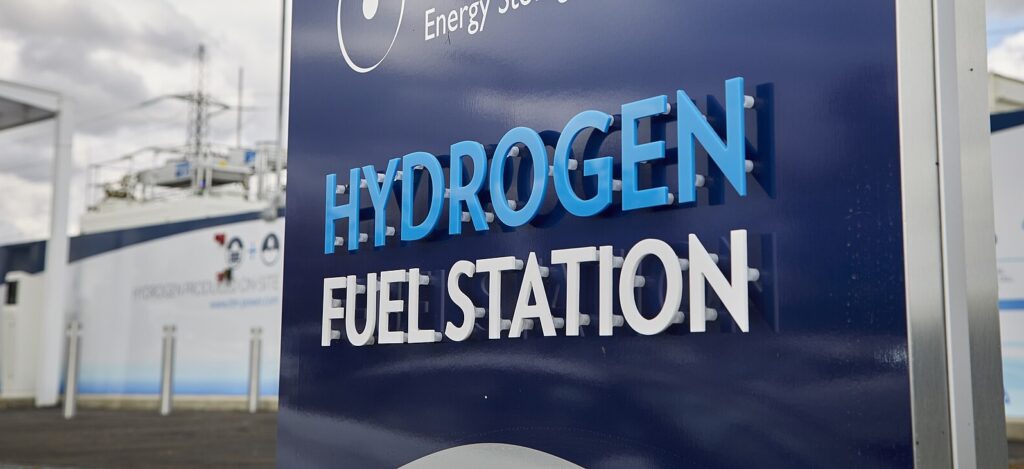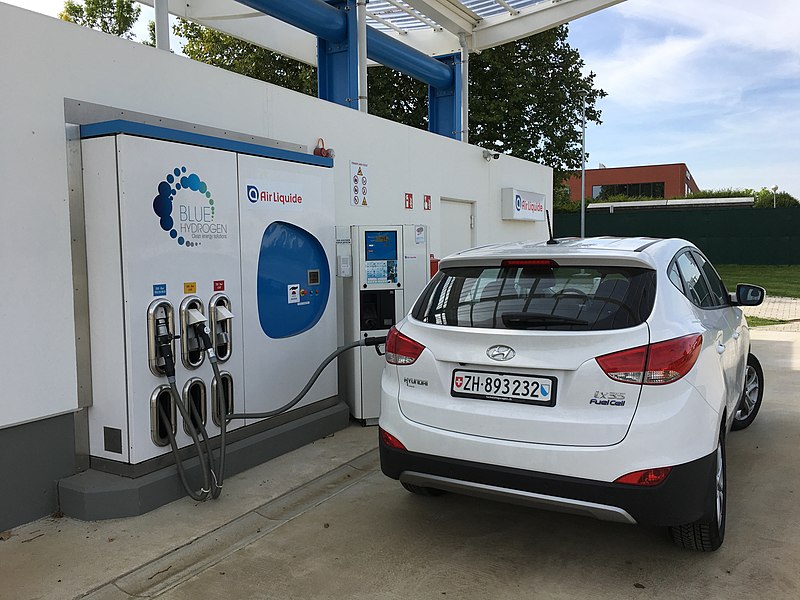As California continues to battle the Trump administration over the state’s authority to set stricter greenhouse gas emissions standards for vehicles, a coalition of East Coast states is facing a potential battle of its own, with opposition emerging to the states’ plan to tackle transportation emissions.
That plan, called the Transportation and Climate Initiative (TCI), seeks to curb transportation-sector greenhouse gas emissions through a cap-and-invest program. The 12 Northeast and Mid-Atlantic states plus the District of Columbia are modeling it after the Regional Greenhouse Gas Initiative (RGGI), a similar cap-and-trade scheme for the power sector.
As in RGGI, there would be a regional emissions cap that declines each year to reach a target emissions level. Each jurisdiction would be allocated a percentage of the overall cap as an “allowance budget.” Fuel suppliers would need to hold allowances, purchased at auctions, and the auction revenue would be invested in various clean energy and transportation priorities.
With transportation surpassing the power sector as the largest source of carbon emissions both nationally and in many states, programs like TCI are meant to help address this problem. “This is a program designed to reduce global warming emissions,” explained Daniel Gatti, policy analyst in the Clean Vehicles program at Union of Concerned Scientists. Transportation, he said, is the only sector where emissions have consistently risen since 1990.
“Pollution from transportation accounts for the largest portion of climate-changing carbon emissions in the Northeast” @HeatherFurmanVT, state director
Learn how investment in the #transportation & #climate initiative can benefit people & nature#VTpoli https://t.co/zM1Bd9GnzG
— The Nature Conservancy in Vermont (@TNCvermont) November 14, 2019
But the TCI proposal is already eliciting negative comments and concerns.
A public comment period has been open since October, when a framework for a draft regional policy proposal was released. Various individuals, interests, and entities in the petroleum industry — from small gas station owners to large trade associations — weighed in with concerns and ardent opposition to the proposal. According to the framework, fuel terminal suppliers and fuel distributors would be regulated entities, so this opposition is not unexpected.
“We knew the oil companies would be coming for this program so we weren’t surprised,” said Gatti.
A number of comments were submitted by national and regional oil and gasoline industry trade groups, including the American Petroleum Institute (API) , the Independent Fuel Terminal Operators Association, the Mid-Atlantic Petroleum Distrobutors Association, and the Petroleum Marketing Group, as well as the the Consumer Energy Alliance, a 501(c)4 advocacy group* that shares an office address and multiple personnel with HBW Resources, a PR agency.
In Pennsylvania, almost all of the comments expressed opposition to the program, many from small oil and fuel companies using almost identical language. For example, Steven Ohl of R.F. Ohl Fuel Oil wrote: “I opposed the proposal because it would unfairly burden consumers and businesses in Pennsylvania who already pay the highest gasoline taxes in the country.” Some of the same language appeared in similar comments from Pennsylvania fuel companies, suggesting probable coordination on some level.
Pushback From Maine and Massachusetts
Other negative comments on the proposal came from citizens describing it as hike in the gas tax. A large number of these comments were from people in Maine and Massachusetts, where there appear to be active campaigns pushed by dark money groups and supported by the states’ Republican parties.
Maine has been one of the most outspoken states in terms of number of comments submitted. Most of the comments (over 68 percent according to the Maine Examiner) are opposed to TCI. The Maine Heritage Policy Center, a group that does not disclose its donors and is part of the Koch-affiliated State Policy Network, submitted one of those opposition comments and posted it on its website.
But a bigger opposition push in the state appears to be coming from another nonprofit with unknown funding sources and with ties to Maine conservative politics and former Gov. Paul LePage. That group is called Maine People Before Politics (MPBP). MPBP raised alarm about TCI with a press release posted on the organization’s website. MPBP also posted a Facebook rant slamming the TCI and Gov. Janet Mills’ support for electric vehicles, and calling for public comment on TCI. That October 29 Facebook post received hundreds of reactions, shares, and comments.
Additionally, the Maine Republican Party appears to be part of the TCI opposition. The group has an online petition urging the state’s speaker of the House, Sara Gideon, to reject the “gas tax.” The Republican Party’s intention, according to the petition, is “to build a strong coalition of Mainers to oppose this new gas tax and send a strong message to Sara Gideon to leave our gas and heating oil alone.”
A similar opposition campaign, also pushed by a dark money organization, is shaping up in Massachusetts.
The Massachusetts Fiscal Alliance’s mission is to advocate for “fiscal responsibility, transparency, and accountability in state government,” but it is not transparent about its own funders as it is a 501(c)(4) nonprofit, meaning it’s not required to disclose its donors. Massachusetts Fiscal Alliance is actively organizing in opposition to TCI.
The group sent a letter to every state lawmaker and elected municipal official in the state and wrote an op-ed published last month in the Lowell Sun newspaper. The group also has a template email message demanding a legislative vote on TCI, which the organization describes as a “backdoor attempt to increase the gas tax.”
Conservative media and the state’s Republican Party appear to be on board with TCI opposition in Massachusetts. The Boston Herald, for example, is raising alarm and stoking opposition. A November 1 news story was published under the headline “Green gas tax bid could push prices close to $5 a gallon.”
The Massachusetts Republican Party posted the link to that article on its Facebook page, garnering hundreds of reactions and shares. Another Herald news story published October 31 referenced TCI as a gas price hike, and the Massachusetts GOP again linked to the story on its Facebook page.
While it is unclear if Big Oil is behind some of this pushback against the program aiming to rein in emissions from fossil-fueled transportation, it follows a well-documented pattern of coordinated commenting campaigns that the oil industry has underwritten in recent years, such as the Energy4US front group that submitted more than one-quarter of all public comments to the Department of Transportation about national clean car standards rollbacks.
“We’ve heard that the oil industry is starting to mobilize on this,” said Gatti of the TCI comments.
In the meantime, the program is proceeding according to schedule. A draft Memorandum of Understanding (MOU) that builds on the framework is expected next month. The final MOU is scheduled for spring 2020, and over the next year states will sign on and develop a model rule ahead of formal rulemaking. Program implementation could start as early as 2022.
*Update 11/25/2019: The original post inaccurately referred to Consumer Energy Alliance as a PR agency. The error was made in the editing process, and was not a fault of the author. Consumer Energy Alliance is an advocacy group that shares an address and multiple personnel with a PR agency, HBW Resources. The comments submitted to TCI were signed by David Holt, a managing partner at HBW Resources, who is also President of the Consumer Energy Alliance.
Subscribe to our newsletter
Stay up to date with DeSmog news and alerts







